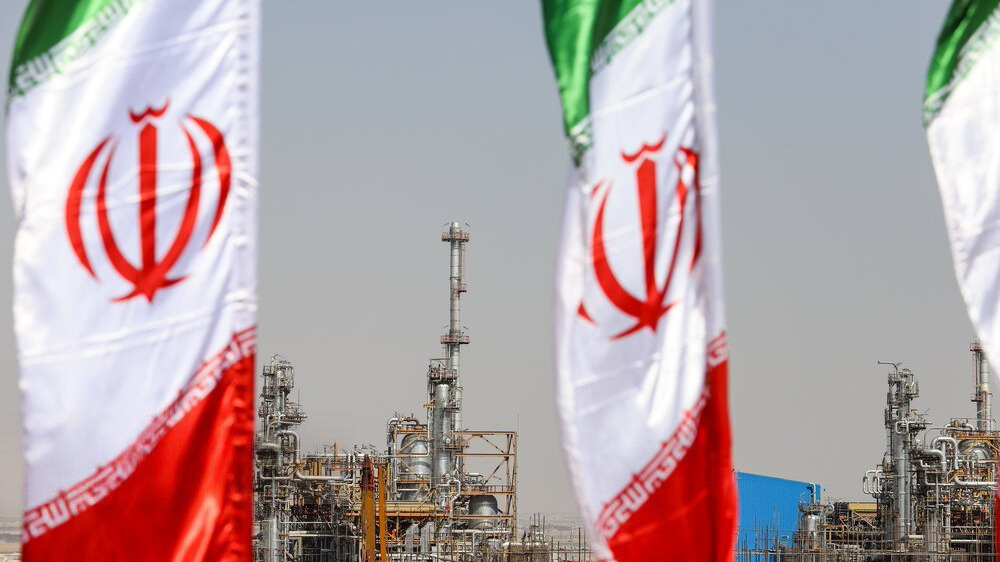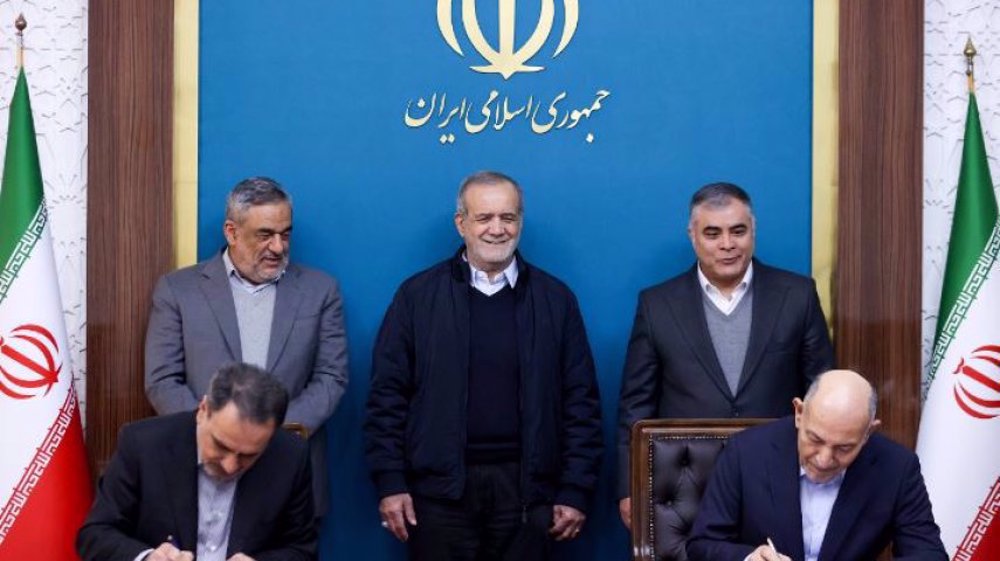Iran: Sanctions relief big boon to climate
The removal of draconian sanctions on Iran will enable the country to quadruple its efforts to curb fossil fuel emissions, the country’s lead envoy at UN climate negotiations says.
Iran is a major oil and gas producing country whose greenhouse emissions account for about 1.5% of the global total, according to World Resources Institute.
The country plans to submit by the middle of November a “very well-prepared” pledge on the actions which it is prepared to take to limit greenhouse gases, its delegation chief at the UN climate meeting in Bonn Majid Shafie-Pour said.
Envoys from more than 190 nations are meeting in Bonn this week to hammer out a deal for signing at a summit of world leaders in Paris in December.
Shafie-Pour said Iran will formally submit the promise to the UN before President Hassan Rouhani visits France in the second half of November.
One of Iran’s plans will deal with “existing technology available to ourselves, the existing level of investment and financial resources and the capacity under the unjustifiable sanction regime”, he told Bloomberg in an interview.
“The other side of the coin that we are favorably looking at would certainly be making three to four times the effect once the sanctions are lifted,” he said.
US-led sanctions have limited Iran’s access to modern technology and equipment in a variety of sectors, including in its massive energy and transportation sector.

Western sanctions on Iran’s oil industry forced the country to use its petrochemical plants for production of gasoline which dramatically worsened air pollution in cities.
More than 15 million vehicles ply the country’s roads which guzzle enormous amounts of fuel.
Shafie-Pour said Iran’s energy sector will need a “radical renovation” to reduce emissions when the sanctions are lifted.
“The plan is to focus first on energy efficiency measures, then to extend the use of less carbon-intensive fossil fuels, primarily natural gas, and then move toward renewable,” Bloomberg quoted him as saying.
Iran FM: EU’s blacklisting of IRGC a ‘major strategic mistake’
VIDEO | Pakistan’s legal community condemns UNHRC anti-Iran resolution
Resistance groups announce volunteer recruitment to defend Iran
Indians rally to condemn Trump's threats against Ayatollah Khamenei
VIDEO | Iran will devastate Israel if it cuts loose
Sunni MPs condemn Trump’s insult, affirm support for Iran’s Leader
1,000 strategic drones officially join combat units of Iranian Army
VIDEO | Germany, not just merely an economic recession










 This makes it easy to access the Press TV website
This makes it easy to access the Press TV website